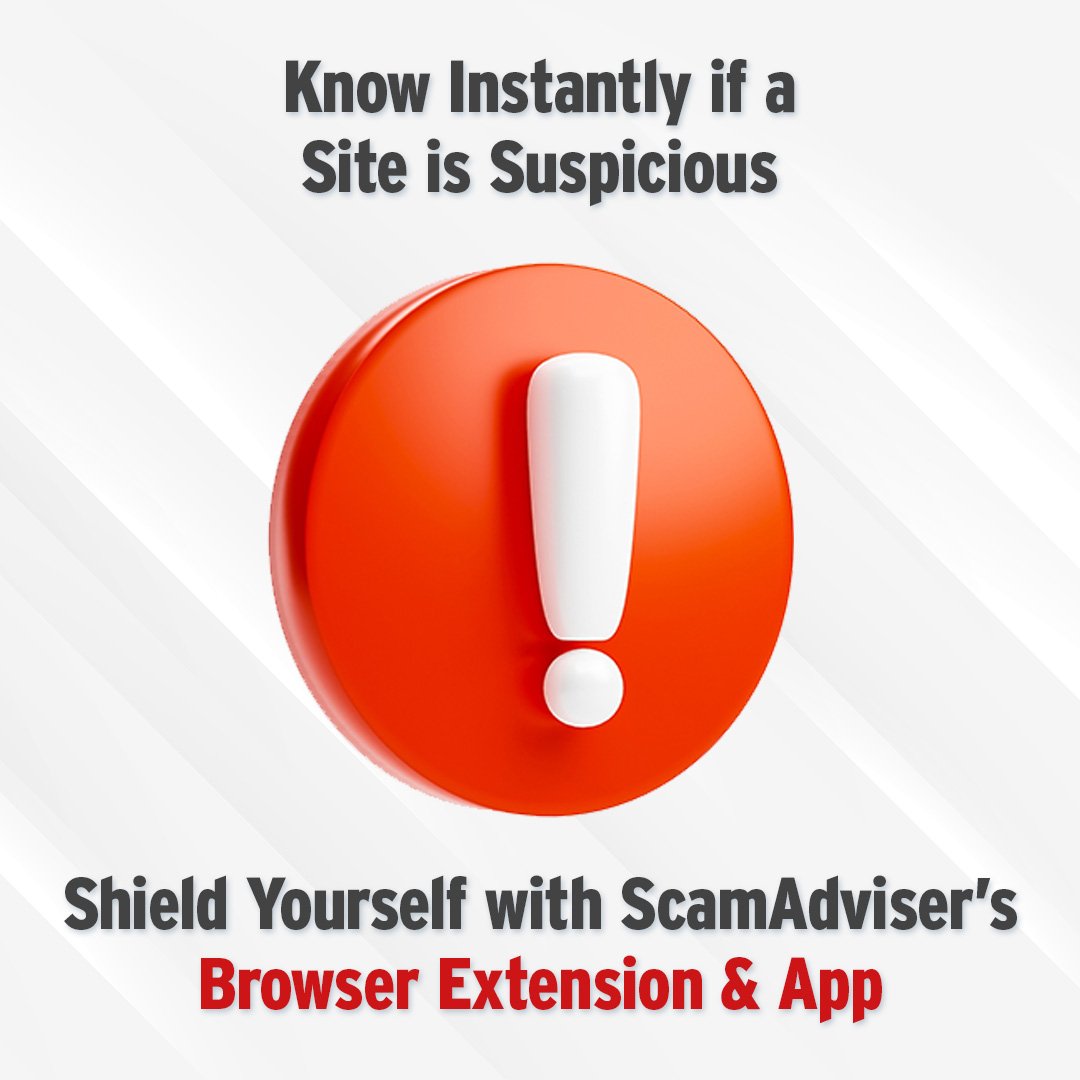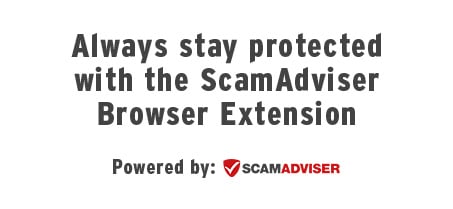is jotson.com a scam or legit?
The trust rating is high. Might be safe.
What is your feeling about jotson.com?
jotson.com has an average to good trust score. Why?
It seems that jotson.com is legit and safe to use and not a scam website.
The review of jotson.com is positive. The positive trust score is based on an automated analysis of 40 different data sources we checked online such as the technology used, the location of the company, other websites found on the same web server, etcetera.
Websites that score 80% or higher are in general safe to use with 100% being very safe. Still we strongly recommend to do your own vetting of each new website where you plan to shop or leave your contact details. There have been cases where criminals have bought highly reliable websites. You can use our article "How to recognize a scam website" to create your own opinion.
According to the SSL check the certificate is valid
This website has existed for quite some years
DNSFilter considers this website safe
This website does not have many visitors
Several spammers and scammers use the same registrar
Consumer reviews about jotson.com
Be the first one to review
No reviews have been left for jotson.com on ScamAdviser.com
Advertorials

Are you a marketing guru with a passion for protecting consumers? ScamAdviser is on the hunt for a creative B2C Marketing Manager who can turn ideas into impactful actions. With a bachelor’s degree, 5+ years of online marketing savvy, and a flair for growth hacking, you’ll drive engagement, spearhead viral campaigns, and help us outsmart scammers. We offer a competitive salary, an attractive bonus package, a high degree of independence, and flexible working hours—all from the comfort of your home in an international environment. Ready to lead a global mission and be a key player in the fight against online fraud? Apply now by sending your LinkedIn profile here. We do not reply to recruitment agencies.

Avoid online scams effortlessly with ScamAdviser! Our free app, available in beta for Android and iOS, and browser extensions for Google Chrome, Microsoft Edge, and Safari, provide real-time alerts to help you determine if a website is legitimate or a scam. Install ScamAdviser on multiple devices, including those of your family and friends, to ensure everyone's online safety.
Complete Review jotson.com
Webshop Evaluation
In our Analysis we always check the Tranco ranking. In this case it was low. A low Tranco ranking means that the website has relatively few visitors. For a new website this is logical. The same is true for a highly specialized website. However if the website claims to be a large corporate or popular site, than warning flags should be raised.
We discovered that the domain of this website has been registered several years ago. Websites of scammers are usually very new. Still, you have to be careful. Scammers nowadays also buy old and existing websites to start their malpractice. Checking a website for other scam signals remains essential.
Technical Evaluation
We always check which other websites are registered by the same company the website is using. In this case we discovered that the registrar is facilitating a high number of websites that have a low to very low review score. This may be a coincidence but it may also be caused by lax "Know your customer" processes at the domain registration bureau. The trust score of the website has been reduced.
We found a valid SSL Certificate. An SSL certificate is used to secure communication between your computer and the website. There are different levels of SSL certification. A free one is also available and this one is used by online scammers. Still, not having an SSL certificate is worse than having one, especially if you have to enter your contact details.
Facts about jotson.com
If you own this website you can update your company data and manage your reviews for free.
The rating of jotson.com has been viewed 1 times.
First analyzed: 2024-12-20 20:39:58.
Last updated: 2024-12-20 20:39:58
Popular Stories
As the influence of the internet rises, so does the prevalence of online scams. There are fraudsters making all kinds of claims to trap victims online - from fake investment opportunities to online stores - and the internet allows them to operate from any part of the world with anonymity. The ability to spot online scams is an important skill to have as the virtual world is increasingly becoming a part of every facet of our lives. The below tips will help you identify the signs which can indicate that a website could be a scam. Common Sense: Too Good To Be True When looking for goods online, a great deal can be very enticing. A Gucci bag or a new iPhone for half the price? Who wouldn’t want to grab such a deal? Scammers know this too and try to take advantage of the fact. If an online deal looks too good to be true, think twice and double-check things. The easiest way to do this is to simply check out the same product at competing websites (that you trust). If the difference in prices is huge, it might be better to double-check the rest of the website. Check Out the Social Media Links Social media is a core part of ecommerce businesses these days and consumers often expect online shops to have a social media presence. Scammers know this and often insert logos of social media sites on their websites. Scratching beneath the surface often reveals this fu
So the worst has come to pass - you realise you parted with your money too fast, and the site you used was a scam - what now? Well first of all, don’t despair!! If you think you have been scammed, the first port of call when having an issue is to simply ask for a refund. This is the first and easiest step to determine whether you are dealing with a genuine company or scammers. Sadly, getting your money back from a scammer is not as simple as just asking. If you are indeed dealing with scammers, the procedure (and chance) of getting your money back varies depending on the payment method you used. PayPal Debit card/Credit card Bank transfer Wire transfer Google Pay Bitcoin PayPal If you used PayPal, you have a strong chance of getting your money back if you were scammed. On their website, you can file a dispute within 180 calendar days of your purchase. Conditions to file a dispute: The simplest situation is that you ordered from an online store and it has not arrived. In this case this is what PayPal states: "If your order never shows up and the seller can't provide proof of shipment or delivery, you'll get a full refund. It's that simple." The scammer has sent you a completely different item. For example, you ordered a PlayStation 4, but instead received only a Playstation controller. The condition of the item was misrepresented on the product page. This could be the







